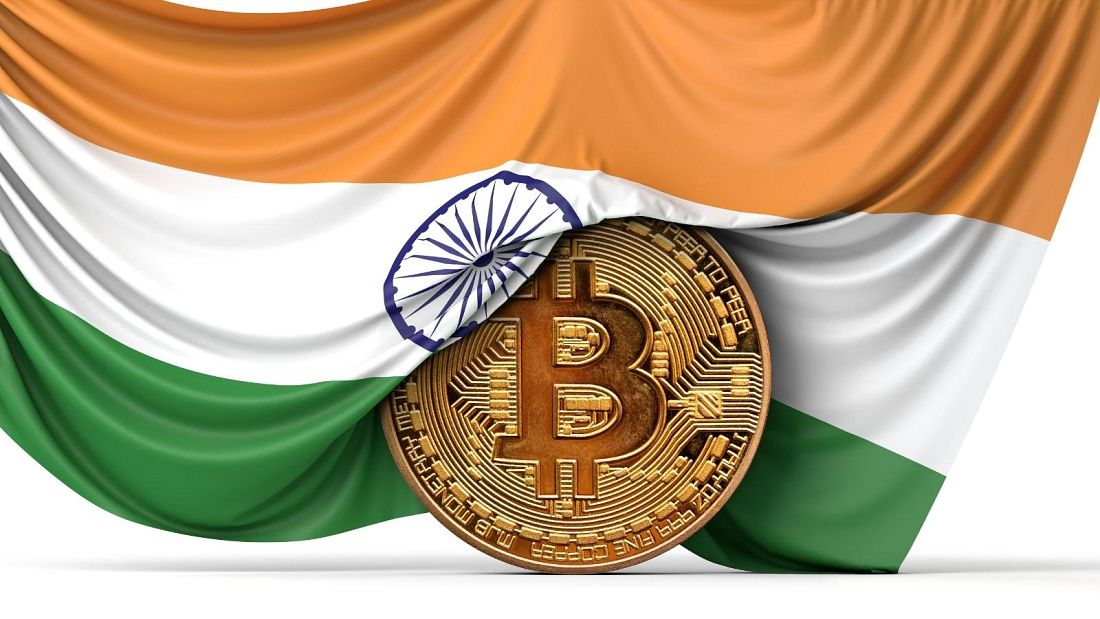India is preparing a bill to regulate cryptocurrencies, which will be presented to parliament in the session starting Nov. 29.
Prime Minister Narendra Modi’s government proposes to help the central bank create an official digital currency, according to a description of the bill, posted on parliament’s website Tuesday.
“The bill also seeks to prohibit all private cryptocurrencies in India, however, it allows for certain exceptions to promote the underlying technology of cryptocurrency and its uses,” the text reads.
The contents of the bill haven’t yet been finalized, according to people with knowledge of the matter. A Finance Ministry spokesman couldn’t be reached for comment
India has had a hot-and-cold relationship with digital currencies in the past few years. In 2018, it effectively banned crypto transactions, but the Supreme Court struck down the restriction in March 2020. In recent months, there have been calls to impose stricter rules for transactions in virtual coins as an unregulated environment could push more domestic household savings toward the asset class.
India’s central bank is opposed to private virtual currencies and Governor Shaktikanta Das has said the country needs much deeper discussions on the issue of cryptocurrencies.
India is preparing a bill to regulate cryptocurrencies, which will be presented to parliament in the session starting Nov. 29.
Prime Minister Narendra Modi’s government proposes to help the central bank create an official digital currency, according to a description of the bill, posted on parliament’s website Tuesday.
“The bill also seeks to prohibit all private cryptocurrencies in India, however, it allows for certain exceptions to promote the underlying technology of cryptocurrency and its uses,” the text reads.
The contents of the bill haven’t yet been finalized, according to people with knowledge of the matter. A Finance Ministry spokesman couldn’t be reached for comment
India has had a hot-and-cold relationship with digital currencies in the past few years. In 2018, it effectively banned crypto transactions, but the Supreme Court struck down the restriction in March 2020. In recent months, there have been calls to impose stricter rules for transactions in virtual coins as an unregulated environment could push more domestic household savings toward the asset class.
India’s central bank is opposed to private virtual currencies and Governor Shaktikanta Das has said the country needs much deeper discussions on the issue of cryptocurrencies.
-Read the full story on Bloomberg


